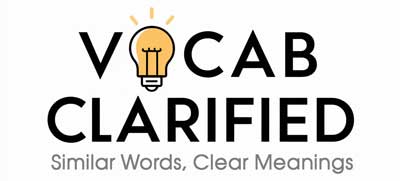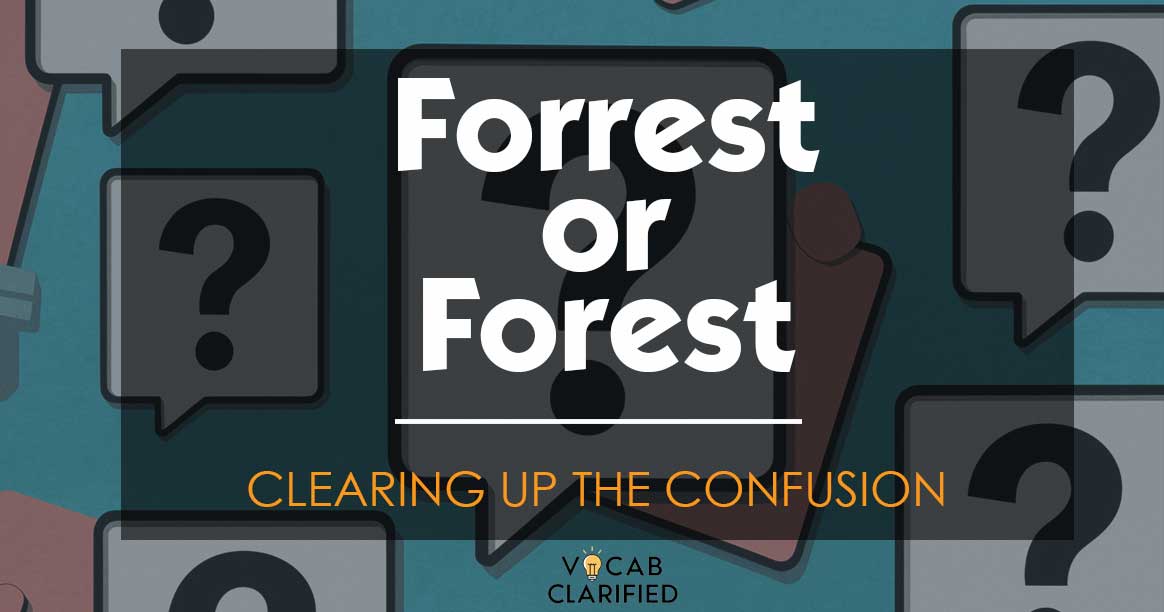When writing about nature, trees, and woodland areas, you may find yourself wondering: is it “forrest” or “forest”?
The two words seem similar, but only one is the correct term for a large area filled with trees and wildlife. Let’s explore the difference to help you avoid any spelling missteps in the future.
Why The Confusion Between “Forrest” And “Forest”?
Picture this: you’re describing a beautiful outdoor scene in a story or blog post, and suddenly you hesitate—is it spelled “forrest” with two “r”s, or “forest” with one? This is a common confusion, especially since both words look so alike.
However, there’s a key difference that you’ll need to know to avoid any mistakes. In this article, we’ll break down the correct usage and meaning behind “forrest” and “forest.”
Understanding “Forrest” And “Forest”
Forrest: Definition and Usage
“Forrest” is not the correct spelling when referring to a large, wooded area. It’s actually a proper noun, commonly used as a first or last name.
Perhaps the most famous instance of this name is the character Forrest Gump from the beloved film. If you’re thinking of trees and woodland, however, “forrest” is incorrect.
For example:
- Example 1 (Name Usage): Forrest Gump is one of the most memorable characters in modern cinema.
- Example 2 (Incorrect Usage for Nature): We took a hike through the forrest to enjoy the fall colors.
Forest: Definition and Usage
“Forest” is the correct term for a large area covered chiefly with trees and undergrowth. It’s a noun used to describe natural spaces where trees dominate the landscape.
This word is widely used when discussing nature, parks, and wooded environments.
For instance:
- Example 1: We walked through the forest and marveled at the towering trees.
- Example 2: Forests are essential for the health of our planet, providing oxygen and habitats for countless species.
Side-by-Side Comparison
To help clarify the differences between “forrest” and “forest,” here’s a comparison:
| Aspect | Forrest (Proper Noun) | Forest (Noun) |
| Definition | A proper name, often used as a first or last name | A large area covered with trees and vegetation |
| Common Usage | Forrest went to the store. | We camped in the forest over the weekend. |
| Key Differences | A name, not referring to nature | Refers to a natural environment with trees |
When deciding between “forrest” and “forest,” remember that “forest” is the word you want when referring to nature and trees.
“Forrest” should only be used when referring to someone’s name.
Everyday Usage Examples
To further clarify the correct usage of “forest” and demonstrate how common the error can be, here are a few examples:
- Correct usage (Forest): We visited a national forest on our road trip.
- Correct usage (Forest): The children played in the forest, pretending they were explorers.
- Incorrect usage (Forrest): We had a picnic in the forrest.
- Correct usage (Forest): The forest is home to many different animal species.
- Incorrect usage (Forrest): The forrest was quiet, with only the sound of birds chirping.
- Correct usage (Forest): Deforestation is a major environmental concern as forests continue to shrink.
Conclusion
In summary, “forest” is the correct spelling when talking about a large area filled with trees, while “forrest” is a proper noun that doesn’t refer to nature. If you’re writing about natural environments, always use “forest.”
By keeping this distinction in mind, you’ll avoid common spelling mistakes and ensure your writing remains clear and accurate.

